Affiliate links on Android Authority may earn us a commission. Learn more.
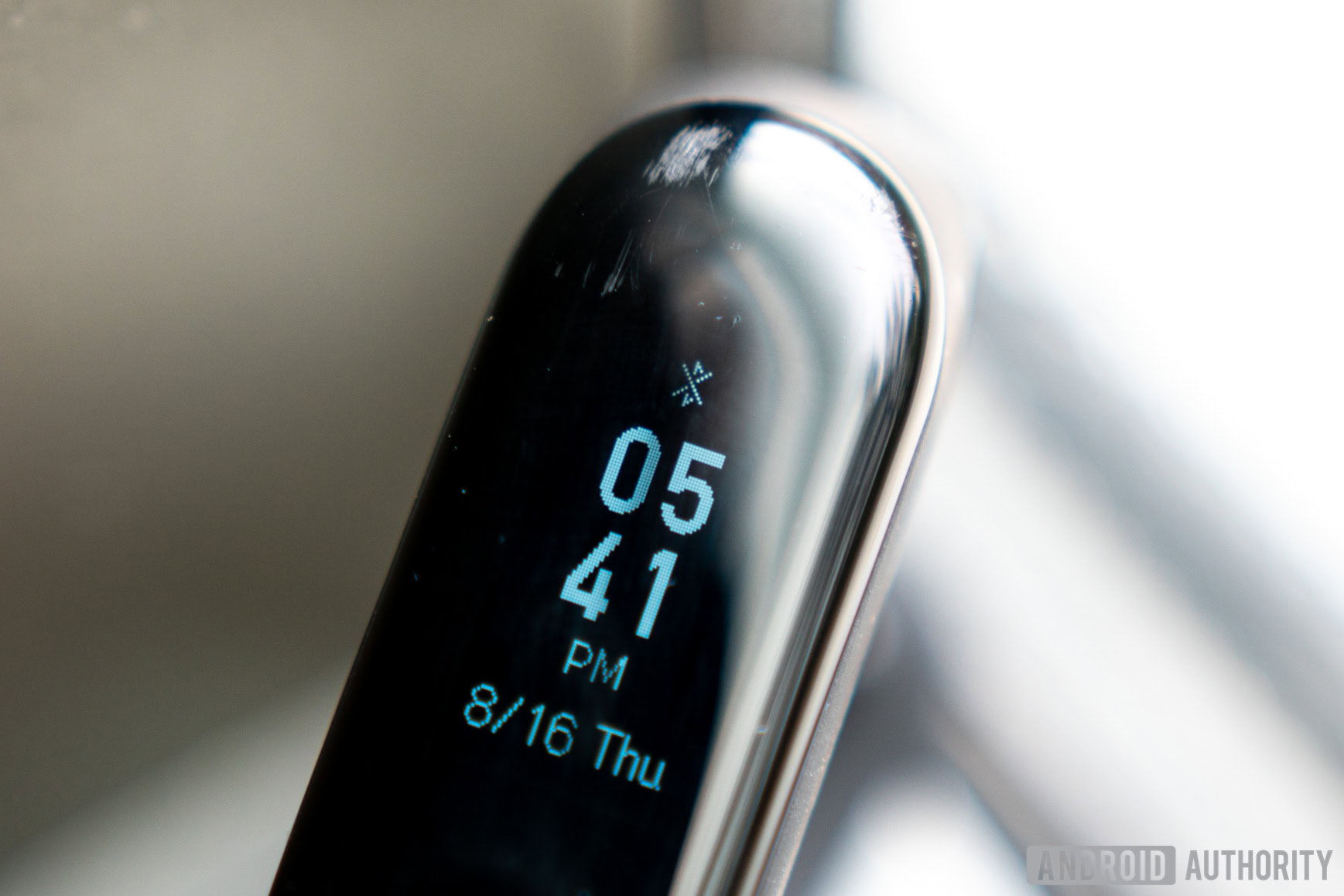
Xiaomi Mi Band 3
What we like
What we don't like
Our scores
Xiaomi Mi Band 3
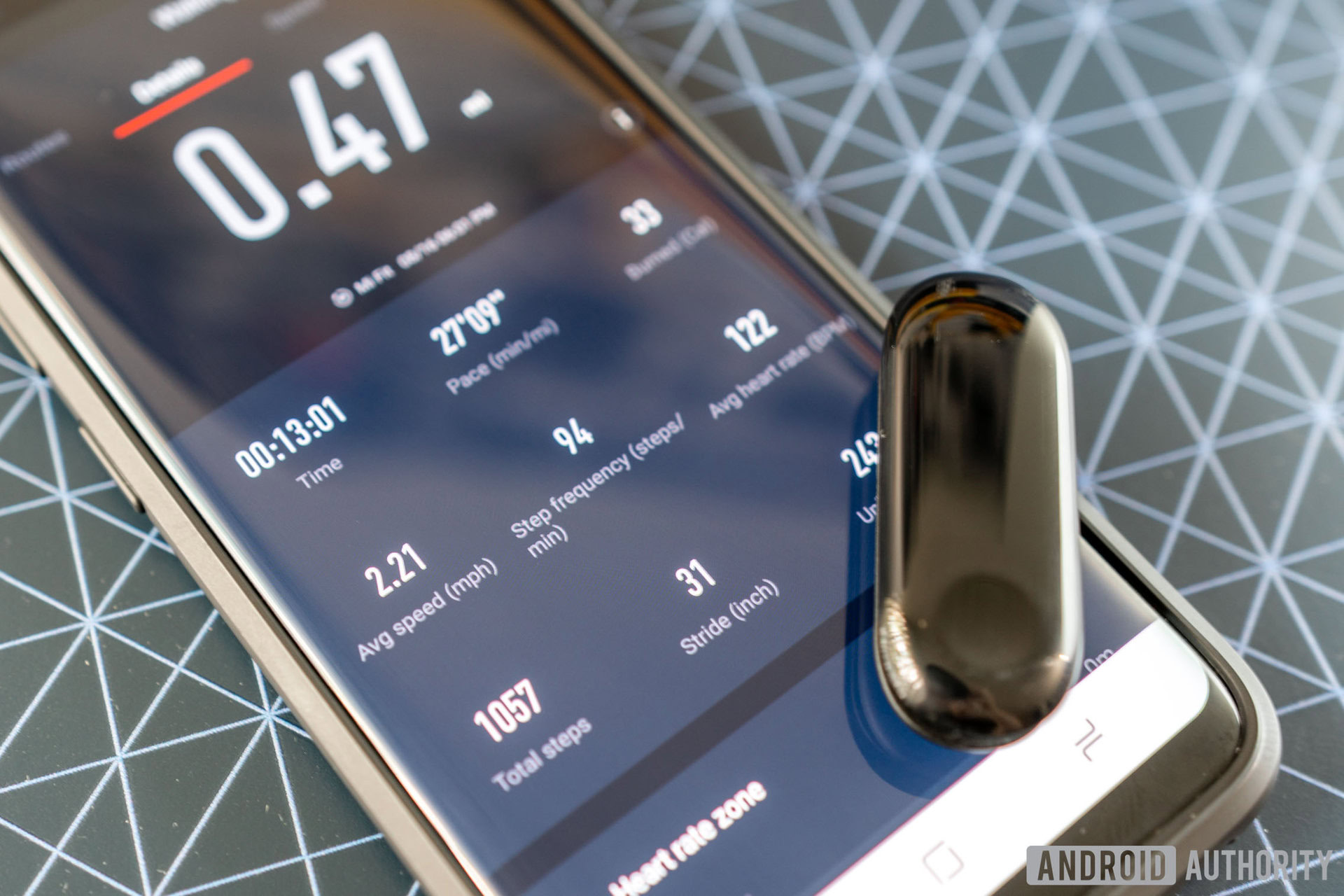
The Xiaomi Mi Band 3 fitness tracker only has one truly unique selling point: its price. For around $25, you can get a fitness tracker capable of pretty much everything a casual user could need. Its feature set rivals Fitbits that cost significantly more, to the point that they risk becoming almost obsolete. Unlike other budget options, this tracker doesn’t feel cheap or poorly made either.
However, there are still some compromises. In this Xiaomi Mi Band 3 review, let’s take a look at how well the tracker keeps pace with its pricier rivals.
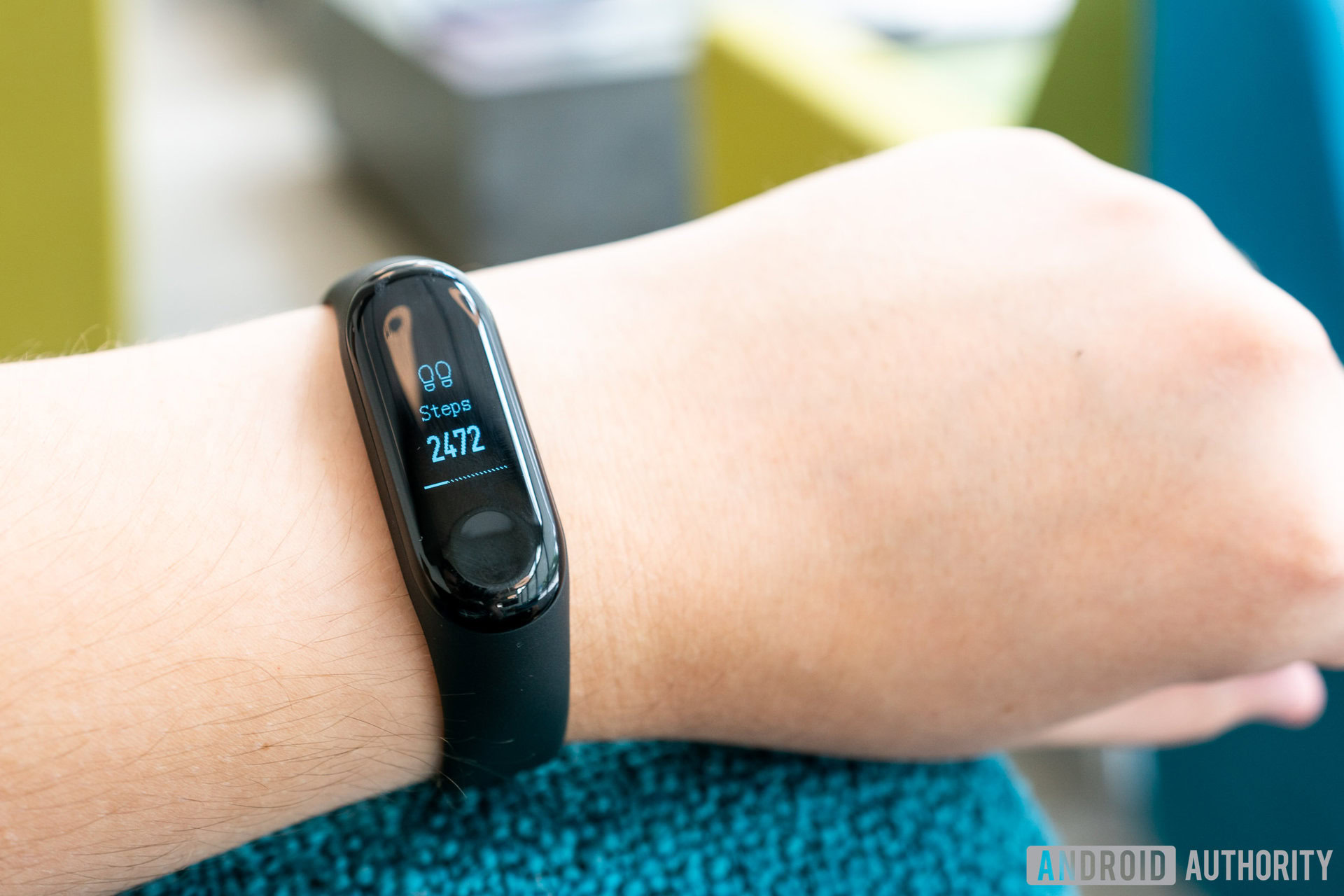
Design
The Xiaomi Mi Band 3 has a fairly by-the-numbers design, but it gets the job done. Like more affordable Fitbits, the device itself is separate from the band and can be popped out for charging, and the straps can be swapped out for different colors. Xiaomi sells blue and red straps directly, and third-party alternatives will undoubtedly appear in the near future as well.
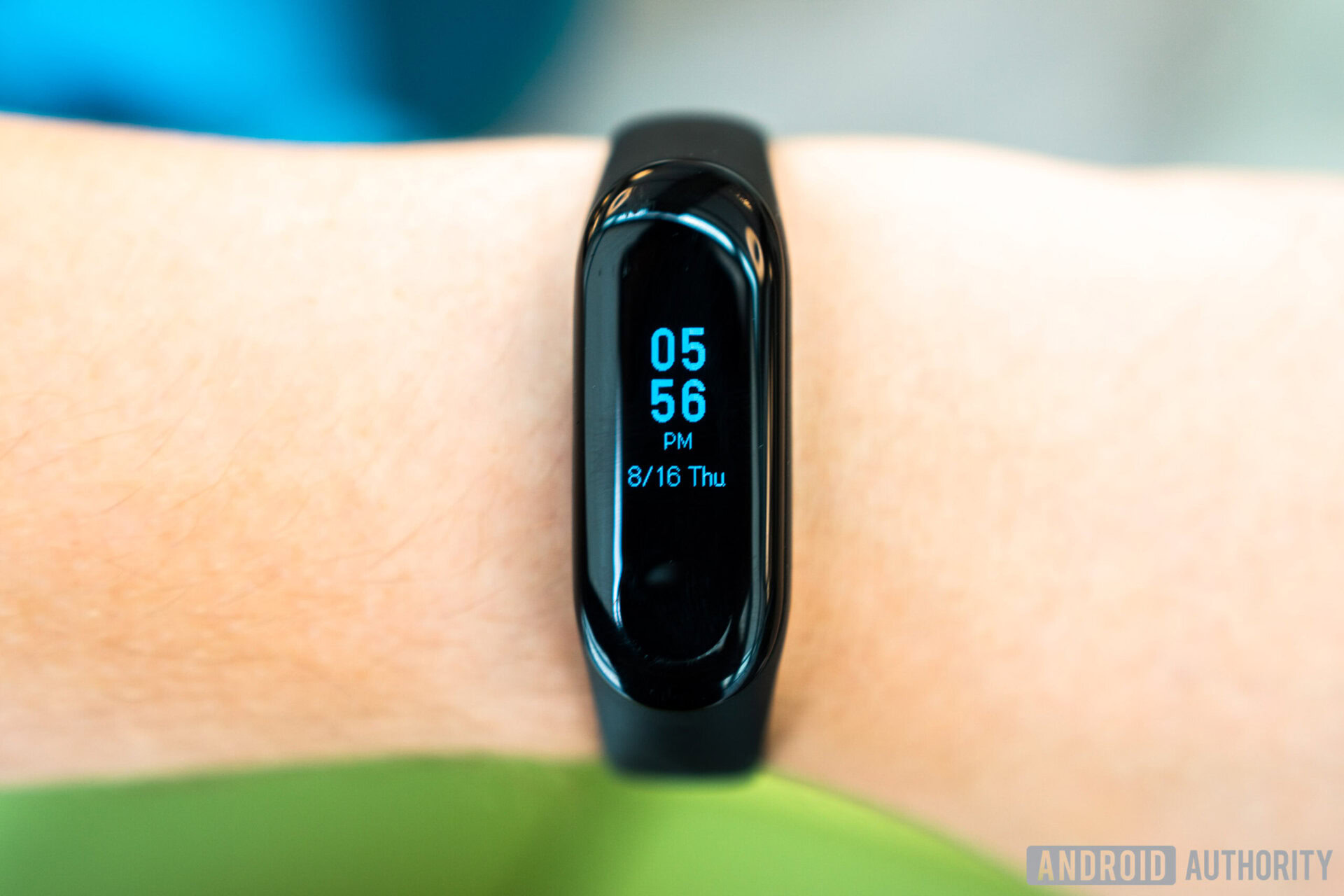
The band that comes with the device is rubbery and somewhat plain. Bailey was understandably concerned about the latching mechanism degrading over time. It’s made from the same material as the previous two Mi Bands, both of which had this same problem. So far it’s done just fine and replacing it is easy if something does goes wrong. It’s comfortable to wear too, thanks to its slim profile and light weight. There are ample size settings available, so it should fit most wrists.
It’s like a snow globe with a little screen inside it...
Compared to previous Mi Bands, the 3 is a looker. The face is made entirely of curved glass, which gives it a very premium feel given the price point. The OLED display sits in the middle of the screen’s glass panel with invisible bezels. This look works well, and it feels nice to swipe and touch. It’s also very responsive. The screen didn’t pick up any scratches during my testing, but only time will tell if this remains the case.
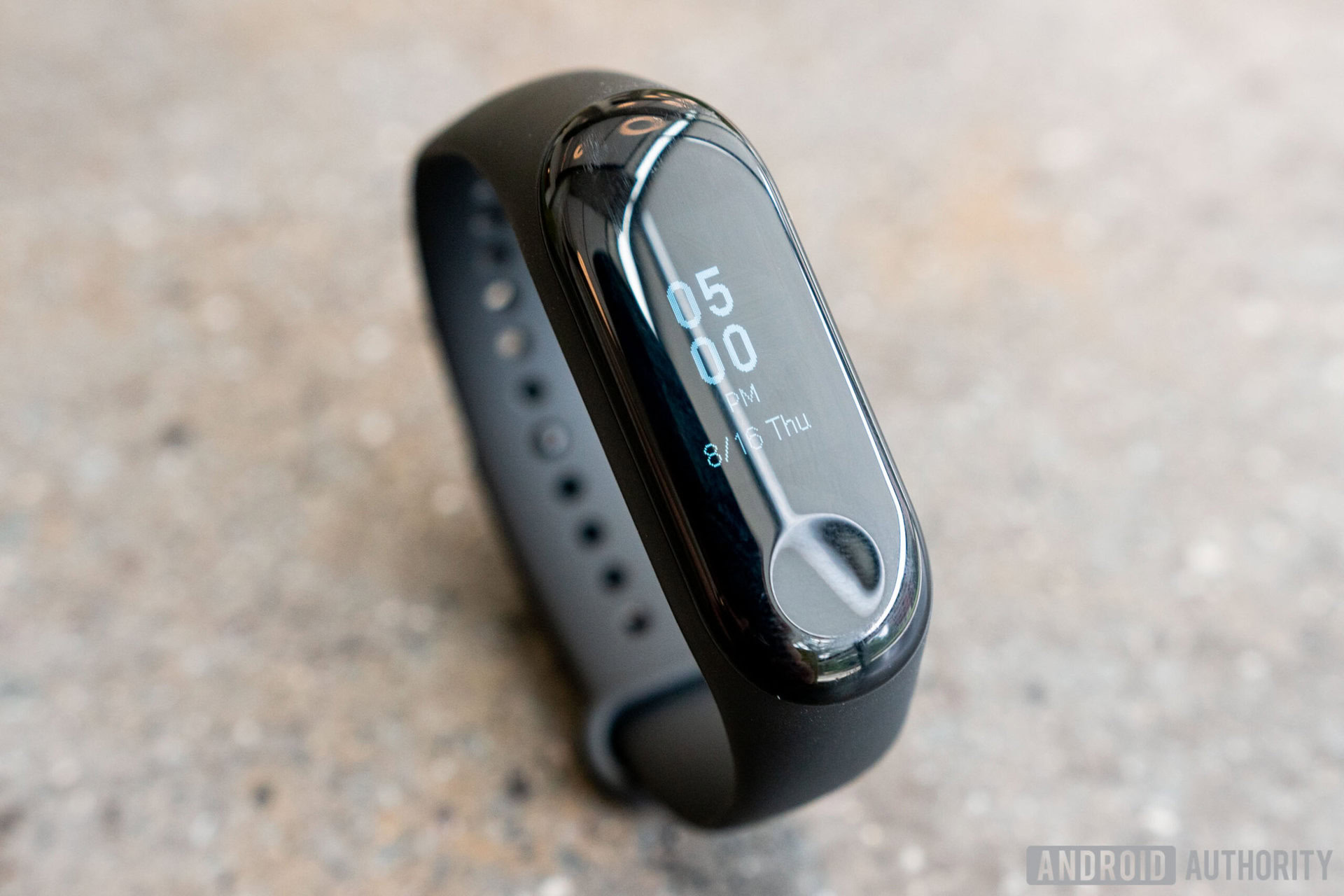
Other than swipes and scrolling, the only other interactive element is the small indent at the bottom of the screen, which works like a back key.
The one downside with regards to this display is the severe lack of sunlight visibility. Bailey says this is an upgrade from the Mi Band 2, but that’s more an indictment of that device than praise for this one. It’s very hard to make out what’s going on in direct sunlight. However, since most interaction is handled on the phone (more on this in a moment), that’s not as big a problem as it could be.
The one downside with regards to this display is the severe lack of sunlight visibility.
As an added bonus, the device is water resistant, meaning you can wear it in the shower or pool without worrying about ruining your new toy.

Features and performance
The real question is whether the Mi Band 3 can do everything you need. The answer depends very much on who you are and what you need.
As a basic health tracker, the Mi Band 3 can do a lot. It can track calories, count steps, monitor your heart rate, and register sleep. It does all of these things well for the most part. The heart rate monitoring seems fairly accurate and consistent with what I’d expect throughout the day, corroborating what devices like the Garmin vivoactive 3 and Motiv Ring have told me when worn simultaneously. You can decide in the app how frequently it checks your heart rate, allowing you to better balance the completeness of the data with the device’s battery life.
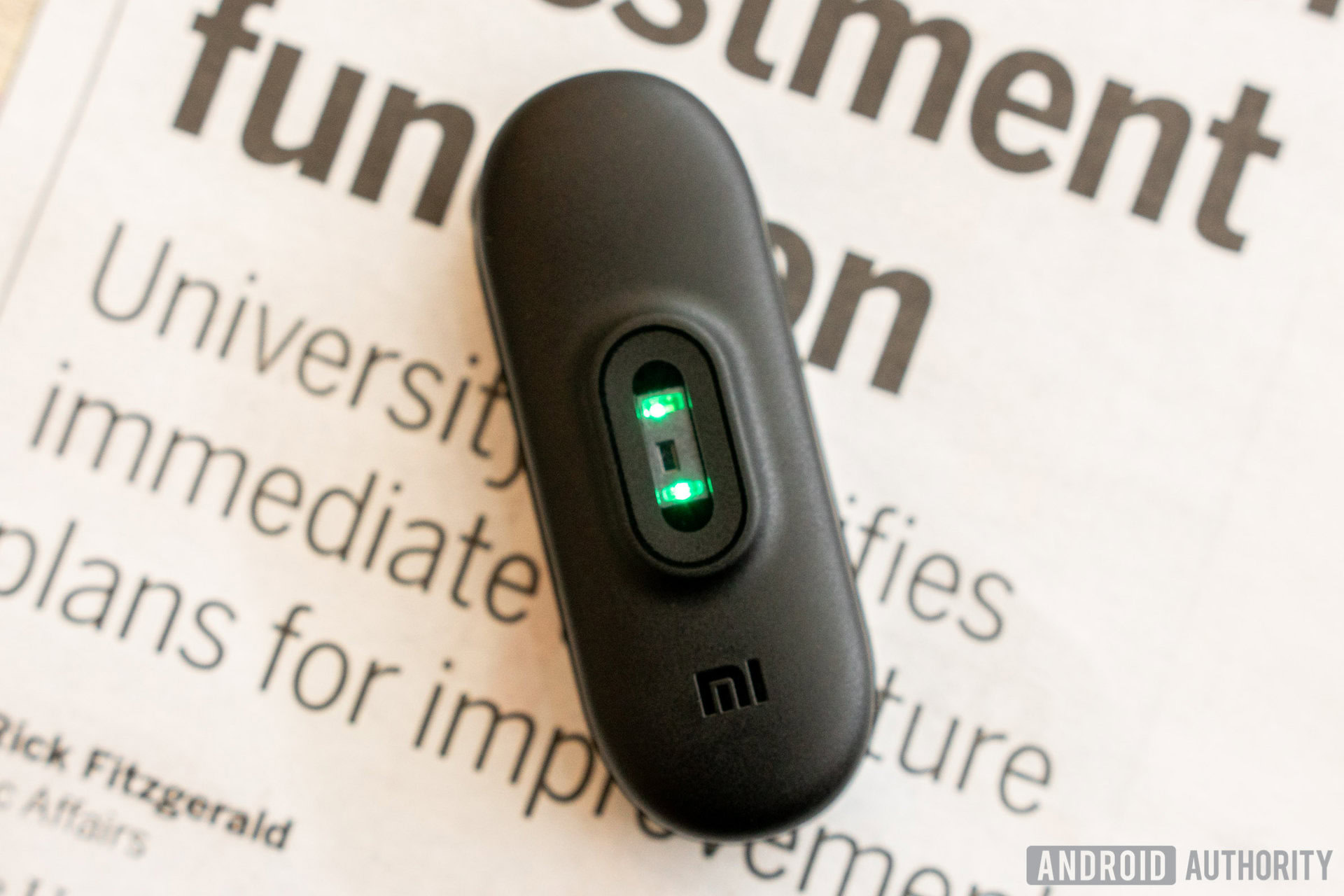
You can choose between one, 10, and 30-minute intervals for heart rate monitoring. This is a very welcome feature we wish more trackers offered — getting your heart rate checked every minute provides much more detailed and granular insight into your day. It lets you do fun things like observe how your heart rate goes through the roof during a date, or after a strong coffee. This is something a lot of trackers just can’t offer, even at the more expensive end of the spectrum.
With one minute tracking, the battery life is roughly two days. That’s still impressive, but certainly something to keep in mind if you’re switching from previous Mi Bands, which consistently offer weeks of battery life. With 30-minute tracking, it can impressively last for a couple weeks — more than enough juice for most people.
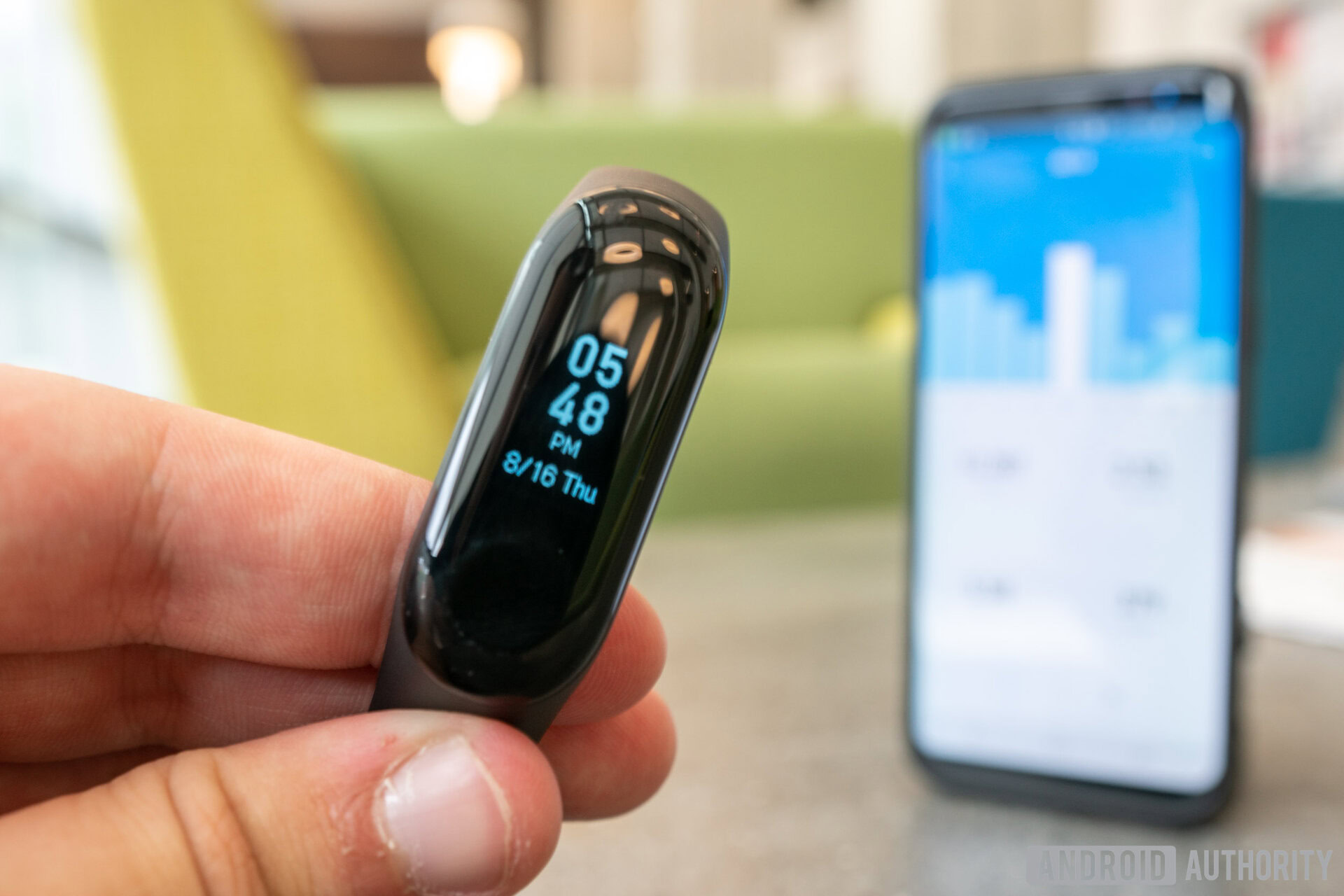
The sleep tracking is basic but accurate. You basically just get the total time spent sleeping, along with how that time was divided between light and deep sleep. Being told you aren’t getting enough deep sleep is a useful nudge to change some habits and it’s encouraging to see how smart sleep hygiene changes can benefit you in this regard. Sleep detection is also automatic, so you won’t need to remember to tell the Mi Band you’re going to bed. Again, this was accurate in my time with it — it even identified brief periods of wakefulness during the early hours of the morning.
Bailey mentioned he wished it worked for shorter naps, but this is less of a problem for those of us no longer in school (it wouldn’t hurt to have the option to manually begin sleep tracking — especially for those working night shifts or other unusual hours which will currently go untracked). The Mi Band falls short of the far more in-depth feedback offered by Fitbit’s more expensive trackers, but that is par for the course with a device this inexpensive.
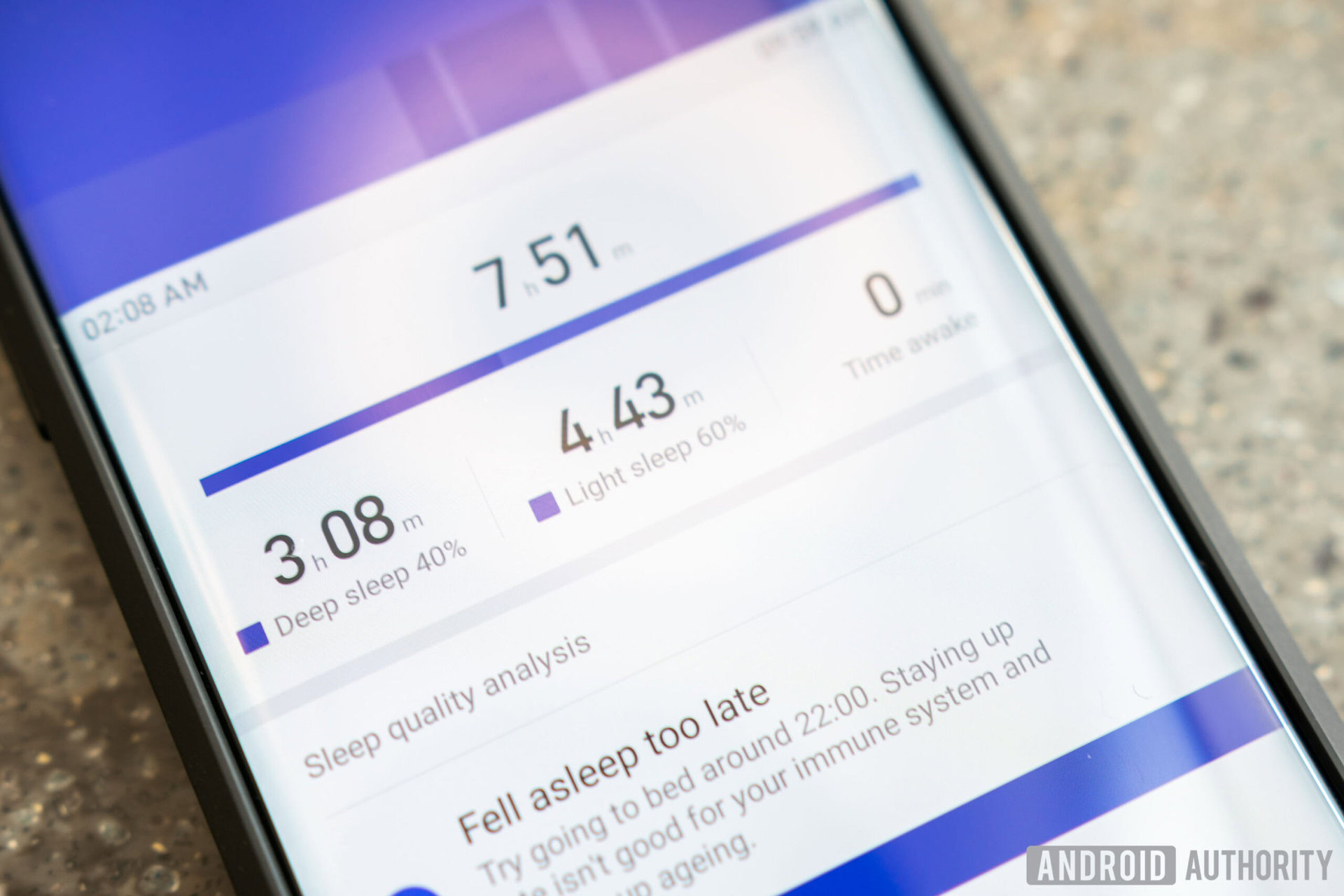
Step counting is likewise very good, so you should be able to calculate your calories with reasonable accuracy, minus the caveats and limitations inherent to all such devices I’ve discussed previously.
Activity tracking
Activity tracking is less impressive. The Mi Band 3 only has four activity profiles: running, treadmill running, walking, and cycling. If you plan to lift some weights and monitor your heart rate during that workout — or even just log it for posterity — you will be sorely disappointed. The same goes for swimming, playing sports, or engaging in pretty much any other kind of activity. All Xiaomi had to do was to create a “misc” profile to avoid this, and perhaps give us the opportunity to rename workouts after-the-fact.
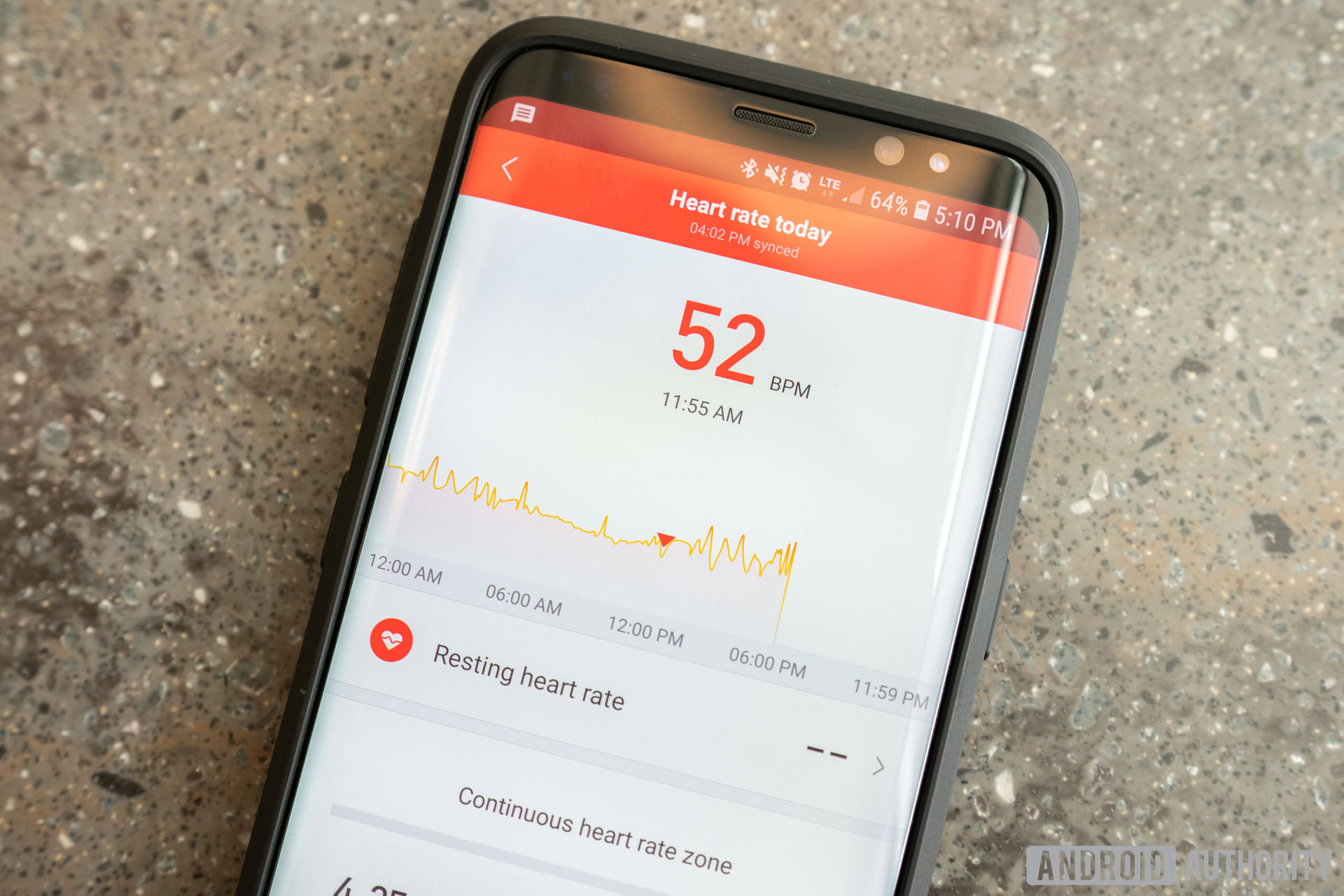
I know I’ve talked about this glaring oversight before, but it’s a common gripe I have with trackers. In my experience, more people go to the gym to lift weights than those that run, and yet it seems running is the top priority of 99 percent of devices. It doesn’t make a lot of sense.
The only way to start a run is through the app. So not only do you need the app with you to track said activity, but you also need to get your phone out of your pocket to trigger or even pause it. It’s a bit of a nuisance.
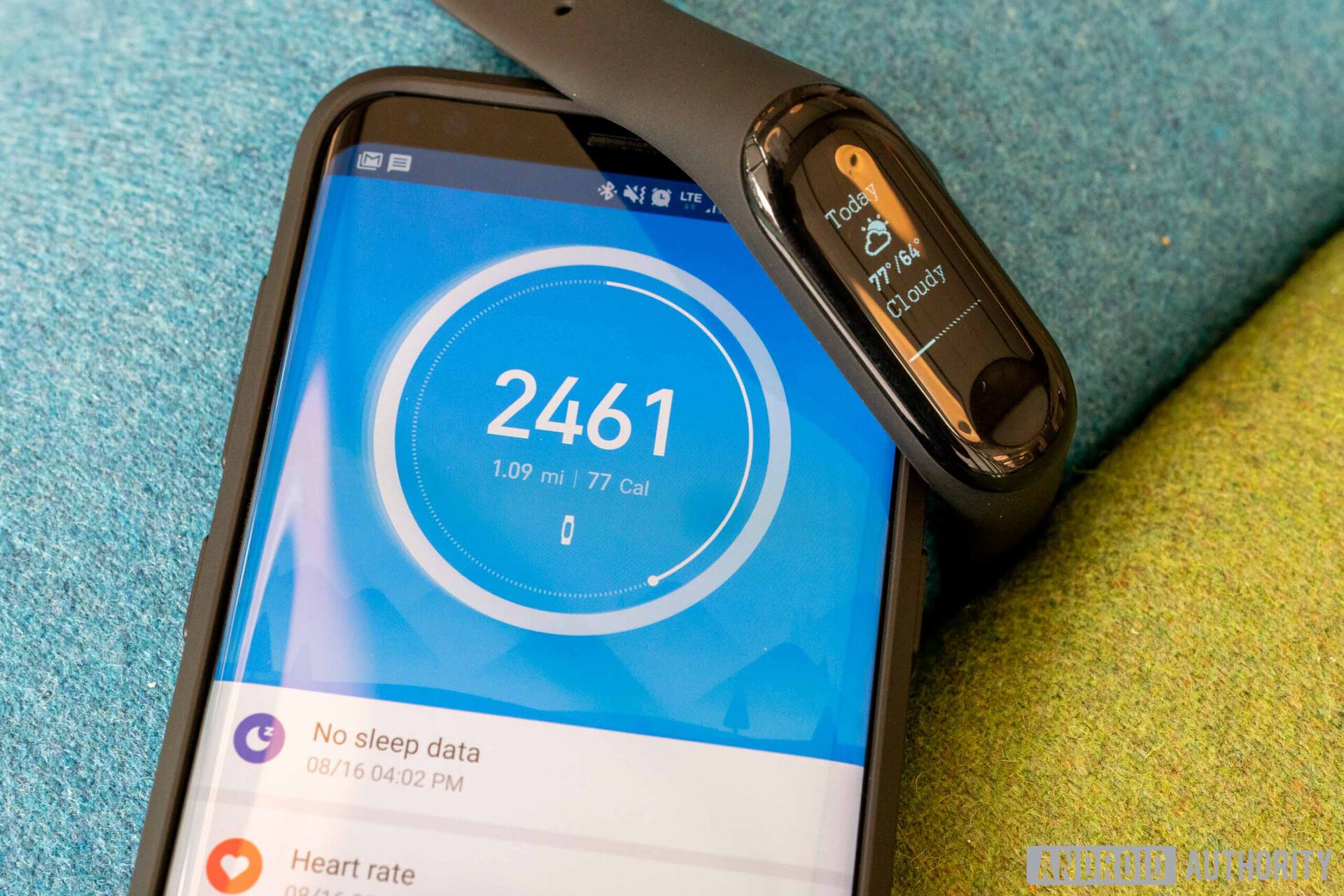
For what it’s worth, you get a fairly decent amount of detail after a run, including average speed, pace, stride, total steps, uphill, and more. You can also see your heart rate, pace, and other information over time in convenient charts. The app will also use your phone’s GPS to map out where you’ve been, and when running in completely random directions I’ve been unable to fool it. Although this is better than you might expect (and more detailed than some comparable devices from Fitbit), it won’t challenge any serious running watches or higher-end fitness trackers.
Software
The software experience with the Mi Band 3 is in keeping with the rest of its barebones approach.
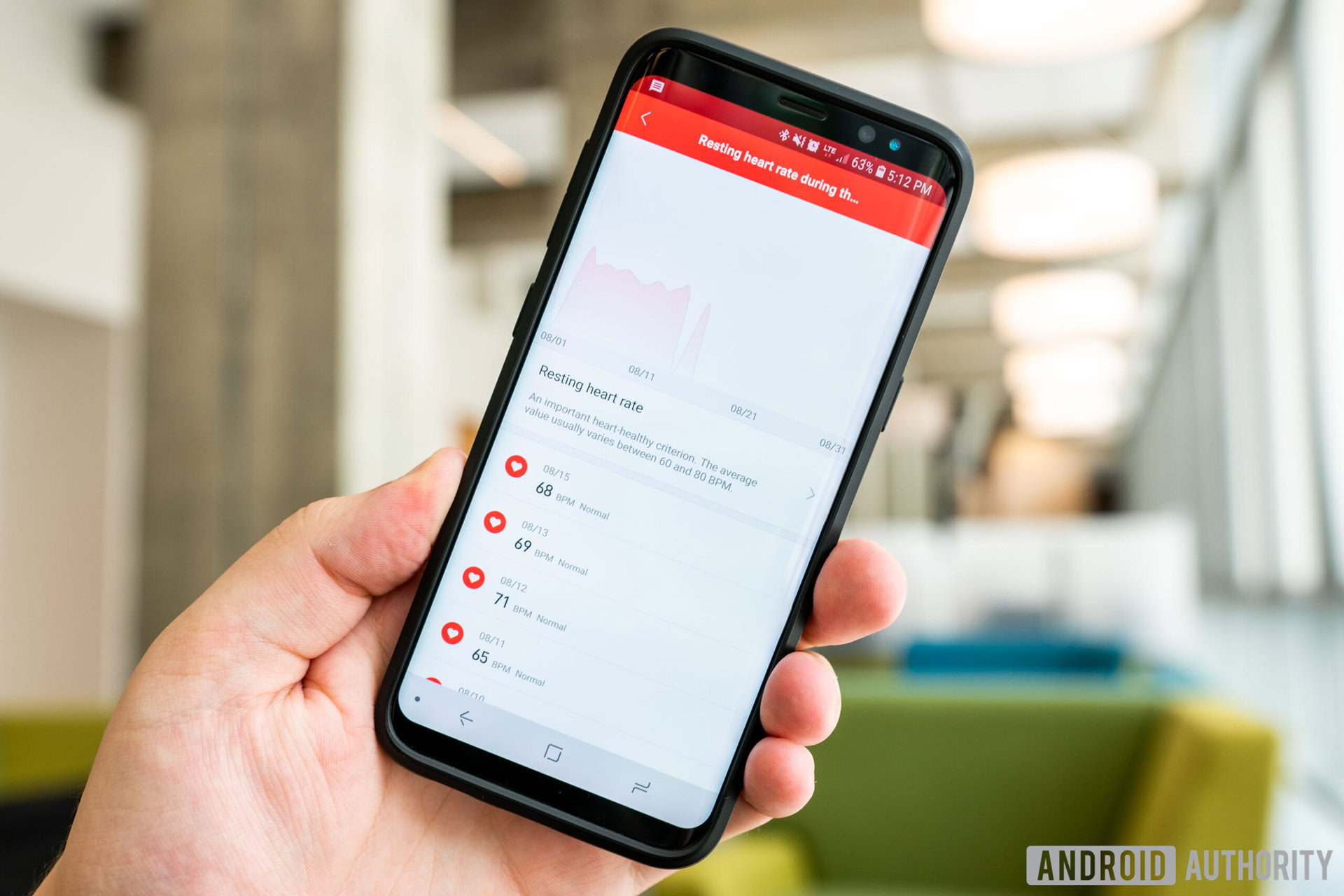
Setting up the Mi Fit app is easy enough and navigation is fairly straightforward once you learn where everything is (not always where you expect it). Information on the home page is presented in a vertical list which lets you view paired devices, your sleep, your heart rate, weight, and goals. At the top of the page is a graphic showing your overall step count and calories at a glance. Tapping that symbol will give you a more detailed breakdown of your day, with autodetected elements like walks and “light activity.” These activities aren’t shown elsewhere in the app, and you can’t expand on them for more detail. This is where you might be able to see something like a workout appear, or a quick walk to the shops. It’s nice to have some record of your activity outside of runs, but it could be expanded on and made a lot clearer.
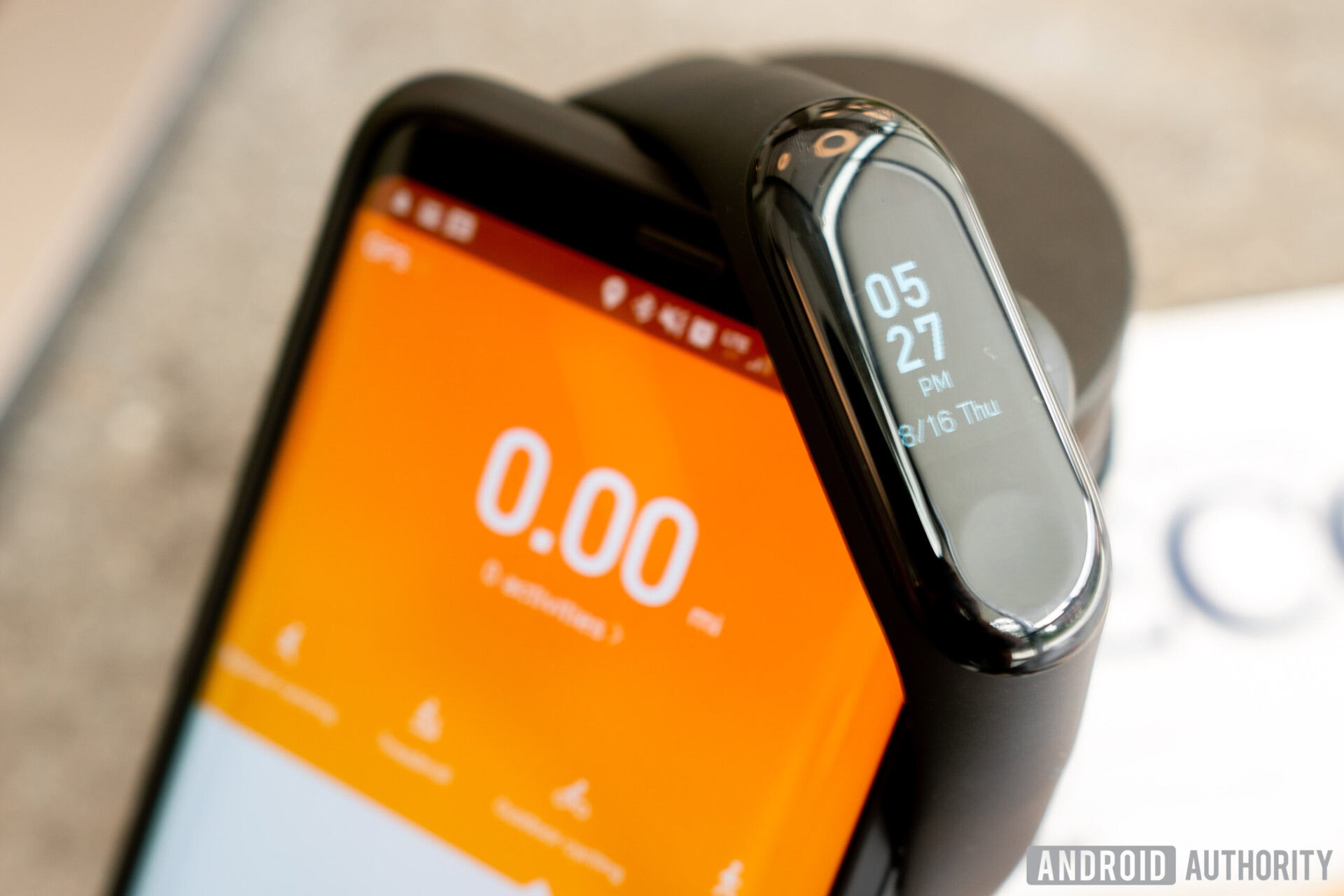
There are some elements lacking here too. There’s no way to directly synchronize with MyFitnessPal, which a lot of dieters rely on. Thankfully, you can do this via Google Fit, which is a fortunate saving grace. Social features are limited to adding friends via QR codes, and you don’t get any of the “insights” or suggestions you get with some similar apps. The app presents the data, but you’ll have to draw your own conclusions about it.
You’ll be left to draw your own conclusions as to how this should inform your healthy choices going forward.
The software mostly gets the job done, but it isn’t perfect and bring nothing new to the table. If some additional time were spent on this part of the equation, we feel it would be possible to get even more out of the hardware. Xiaomi is generally pretty good in this regard, so we hope the software continues to improve. If not, hopefully an SDK will be made available so developers can plug the gaps, which has also happened in the past.
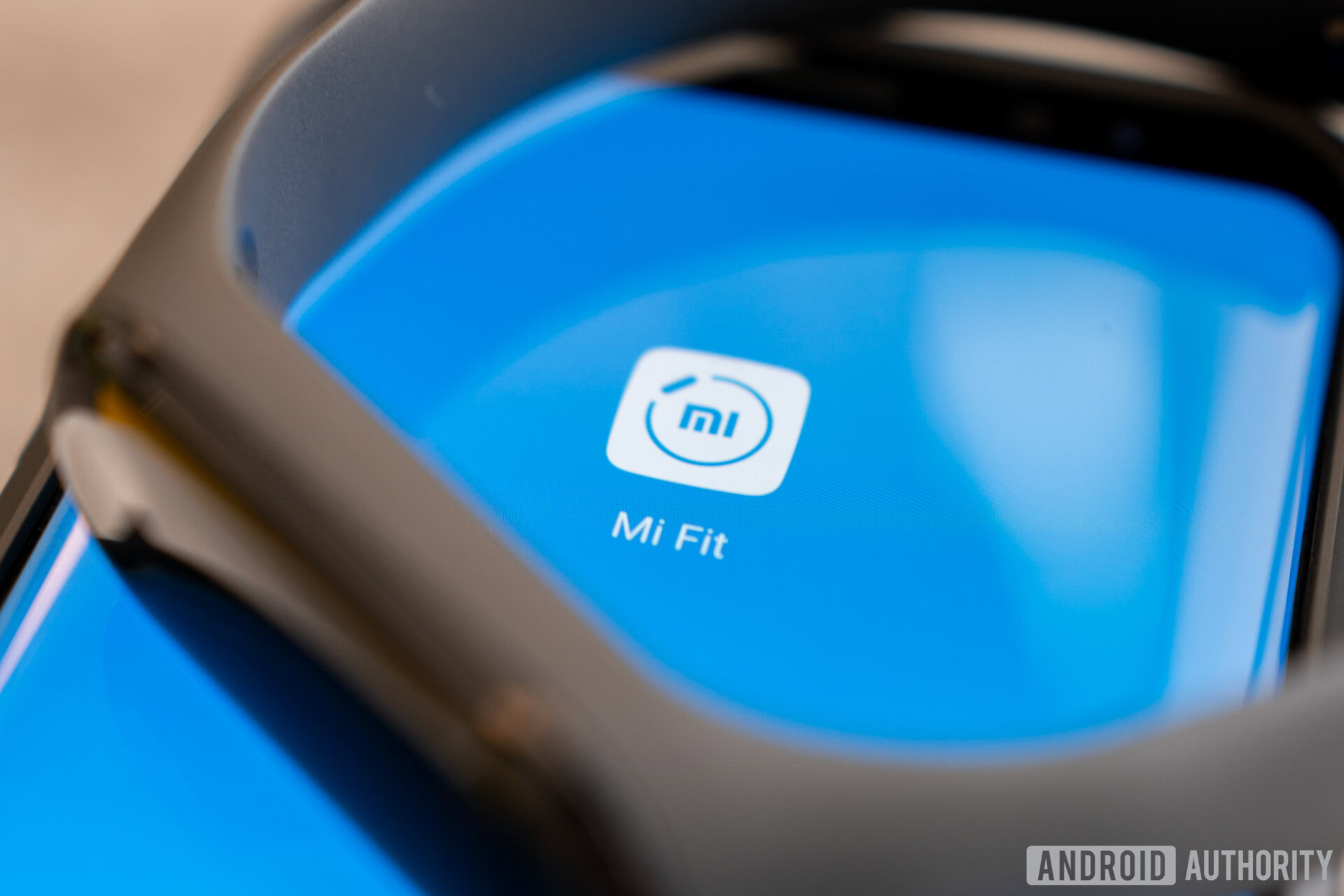
Smartwatch features & firmware
It would be generous to call the Mi Band 3 a smartwatch, but its smart features are still impressive, given its price. You can get notifications from five different apps, call notifications, and the weather. There’s a “find my phone” function (I wish this worked with all my possessions). It’s even got a stopwatch, with a few different watch faces. It’s not much but it’s all very welcome. Bailey and I both had the screen freeze up on us on occasion, however.
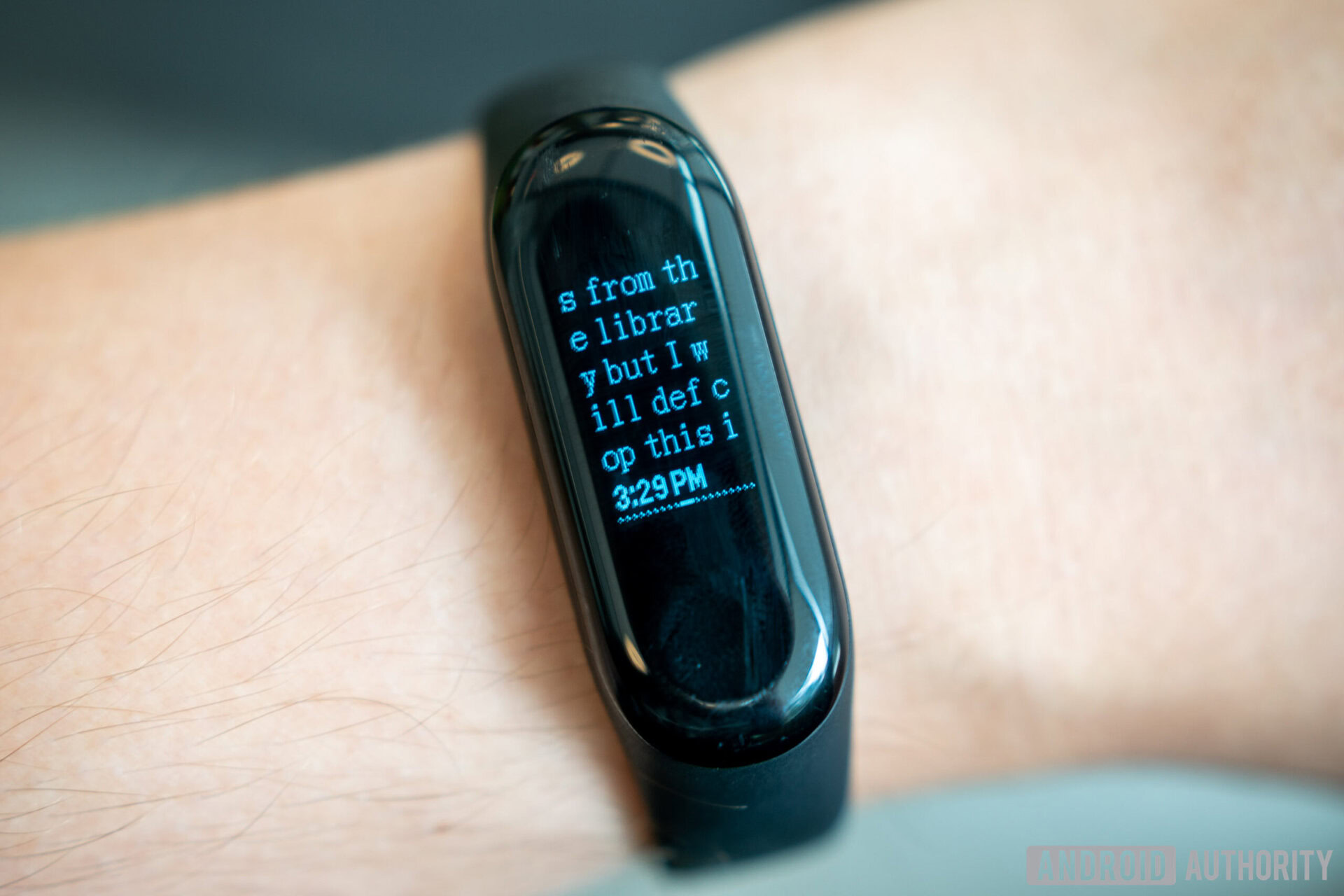
The biggest overall problem was an inconsistent Bluetooth experience. On my Galaxy S8 Plus, I had no problem pairing and syncing the device, and it reliably updated whenever I opened the app. On the HONOR 10 however, I found it impossible to sync. The HONOR 10 has been a little prone to these issues in the past, but it should still work with this watch. If you’re thinking of buying the Mi Band 3, you should do your research to ensure it works with your device first (or just be willing to return it if you have any issues).
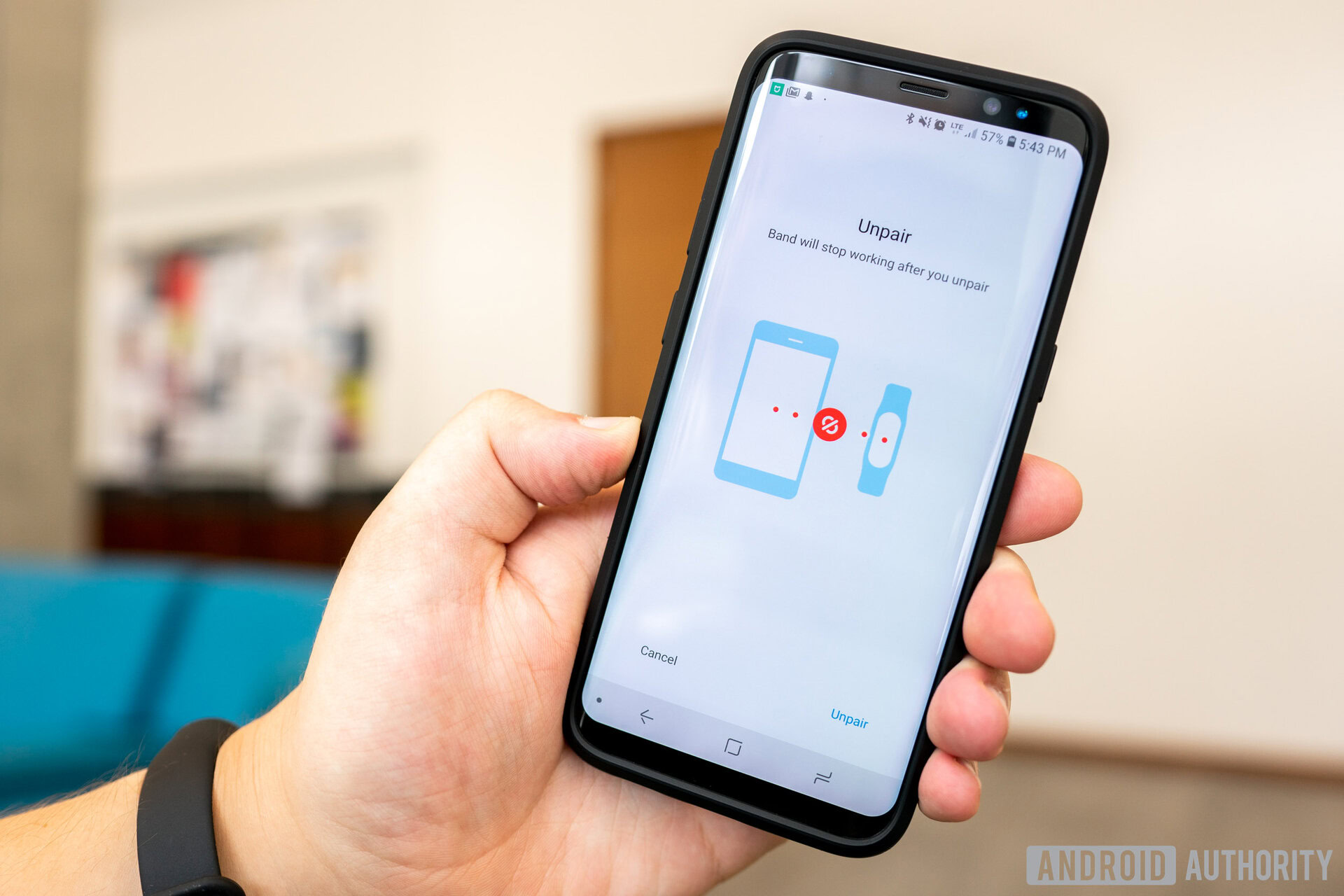
The bigger concern was that my Mi Band 3 also unpaired from the S8 Plus without explanation or warning. The tracker didn’t stop syncing — it just completely forgot about my phone. I didn’t catch this right away (the S8 Plus is not actually my current daily driver — I was using it to check when I got home), so I actually lost over a day’s worth of data. It could be that the device only stores 24 hours of data — no sync, no record.
Bailey had no such problem, and you would hopefully be less likely to notice this issue if the device were to sync to your daily driver. However, it’s illustrative of an occasionally buggy experience.
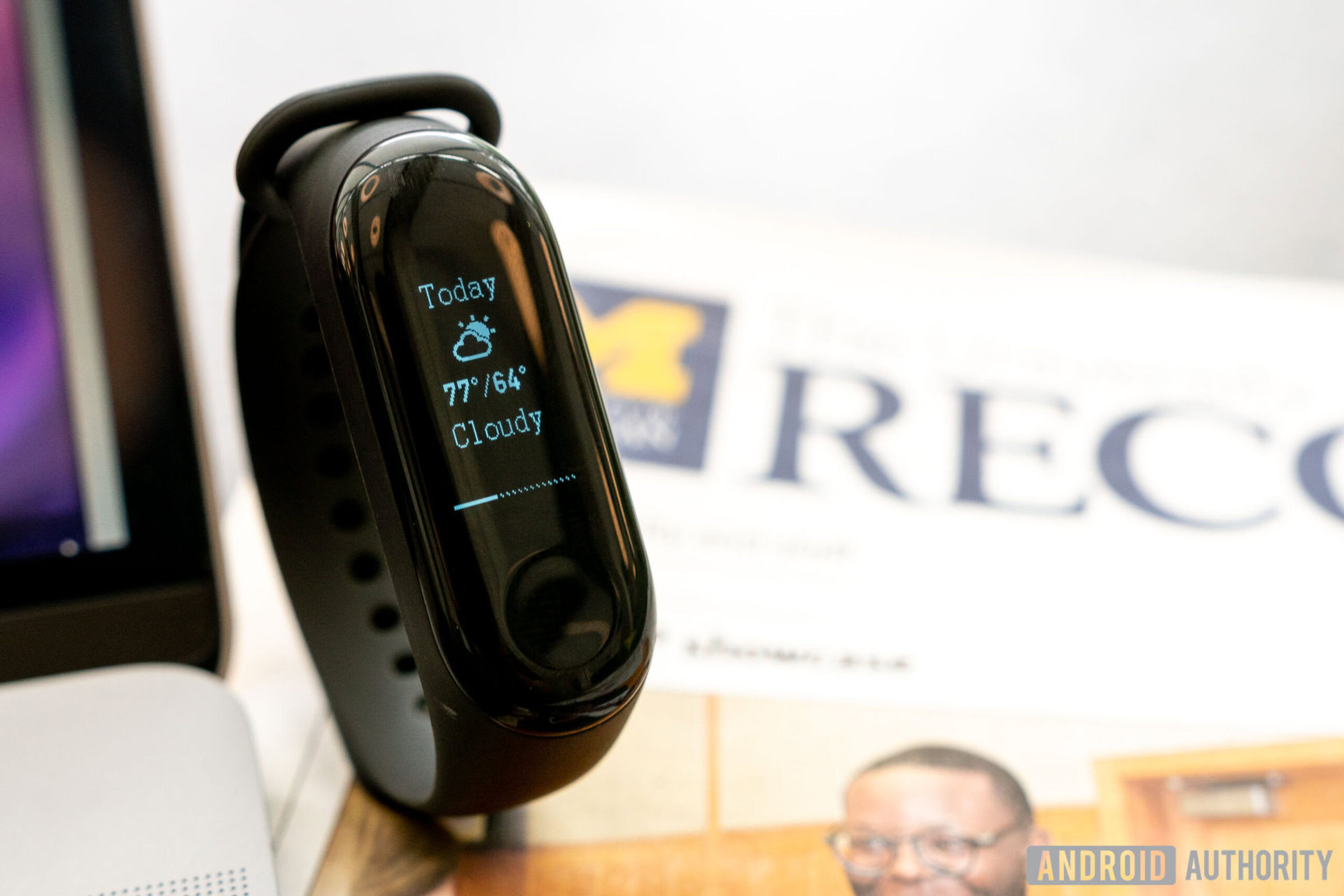
Closing thoughts
We don’t want this all to come across as a whine — it absolutely isn’t. To reiterate, this thing launched with a price tag of 169 yuan (~$25). It’s a little more expensive outside China: it currently goes for $30 in the U.S. and around 26 euros on the old continent. That’s still incredibly cheap. It would still be a good deal with a fraction of the information it gathers compared with the competition.
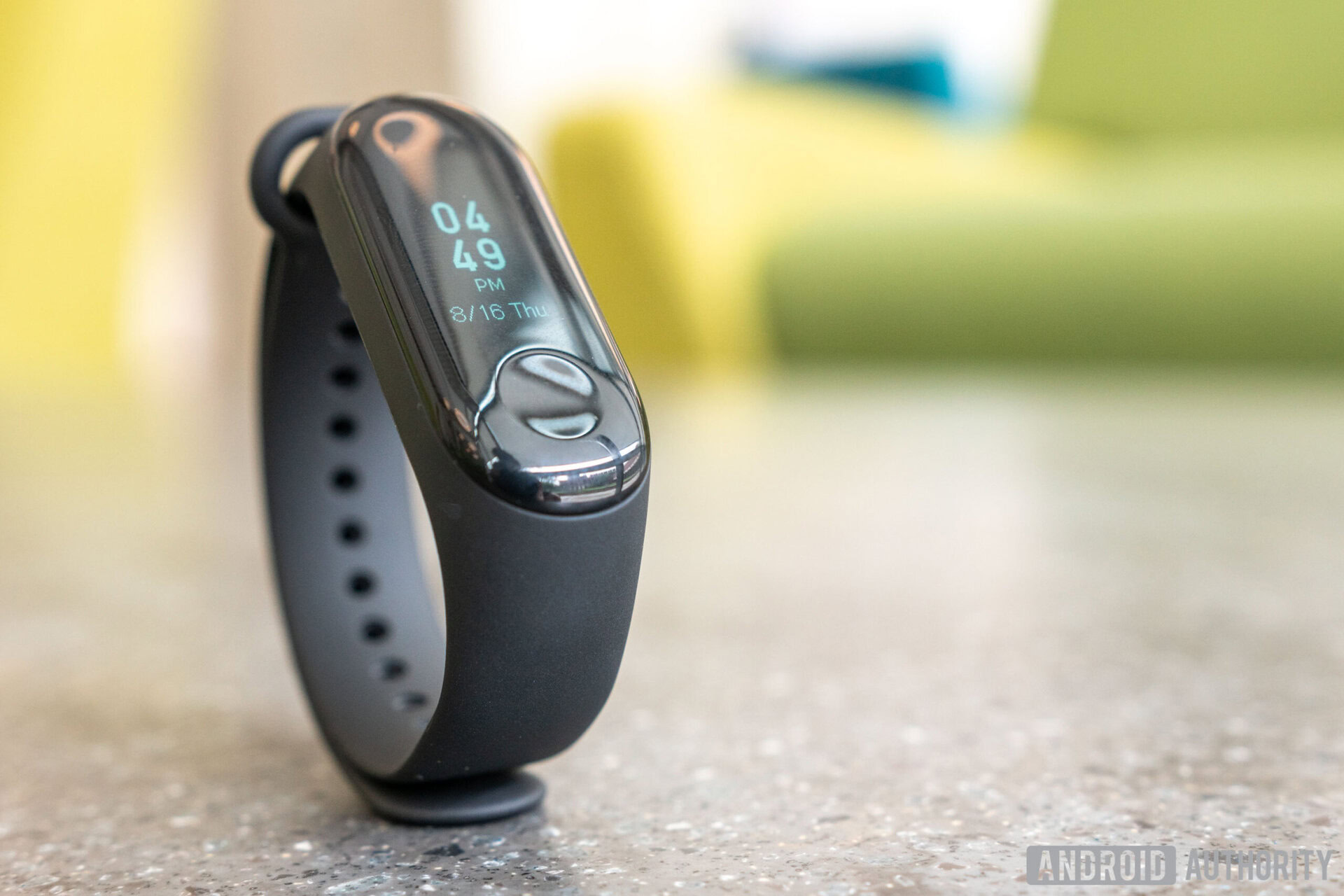
It makes the price of something like the Fitbit Alta (otherwise a great device) pretty hard to defend.
This isn’t quite on par with the top-end trackers out there. It’s close, and it certainly beats a lot of significantly more expensive devices. However, the video reviews popping up on YouTube with titles like the “Best Fitness Tracker?” are clickbait nonsense. This is certainly not the best, nor is it meant to be.
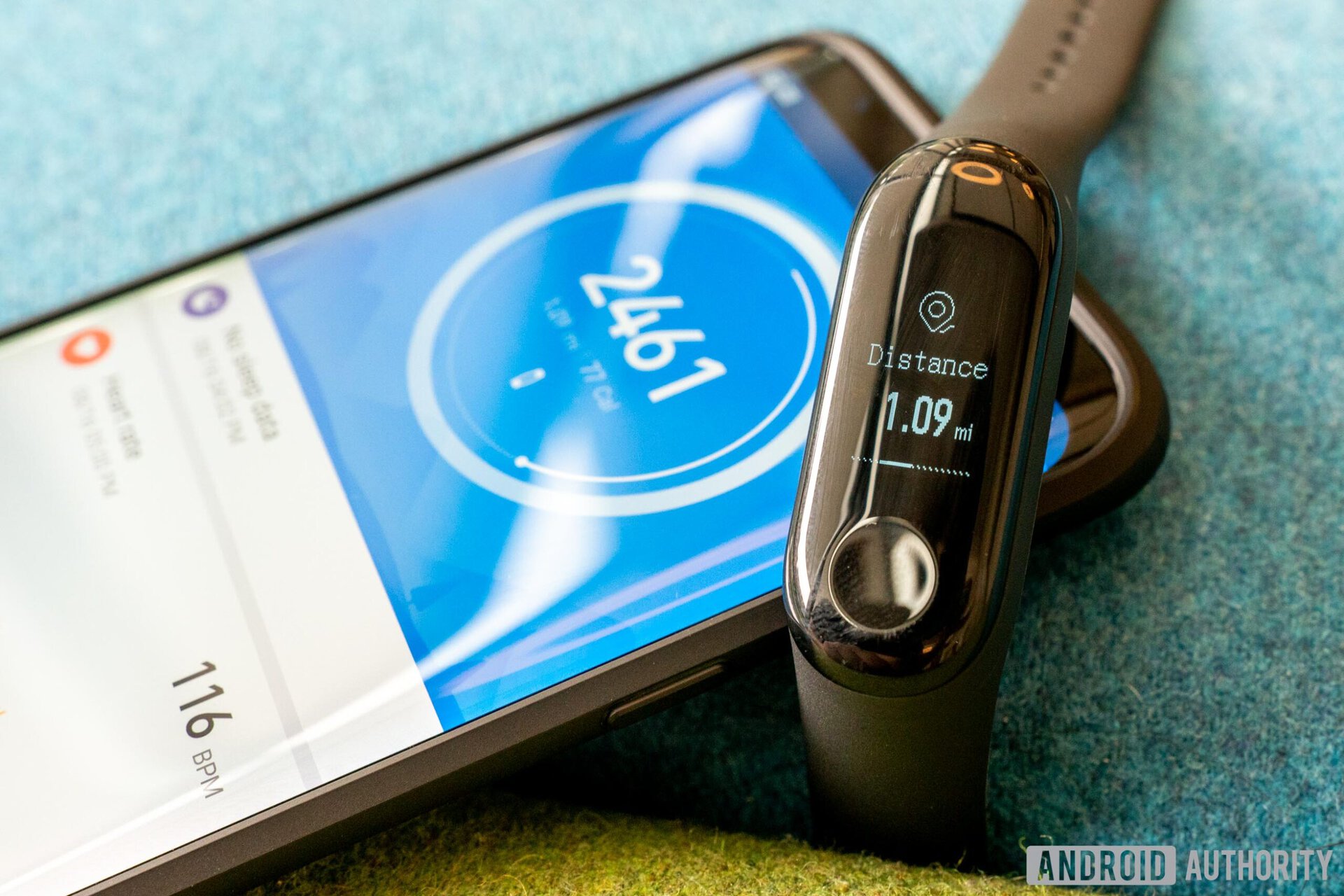
However, this might very well be the best value fitness tracker out there. It might even be the best for you. As long as you aren’t a serious athlete, you’ll probably get everything you need from this device — from notifications on your wrist to in-depth heart rate monitoring. Just keep the syncing issues and narrow selection of activity tracking options in mind when considering buying one.
The price here makes competition such as the Fitbit Alta pretty hard to defend.
The Xiaomi Mi Band 3 is cheap enough that even more serious users could probably buy this as a backup device and still get their money’s worth. If you’re on a tight budget or just looking to get your feet wet with an activity monitor, it’s easy to recommend the Xiaomi Mi Band 3.